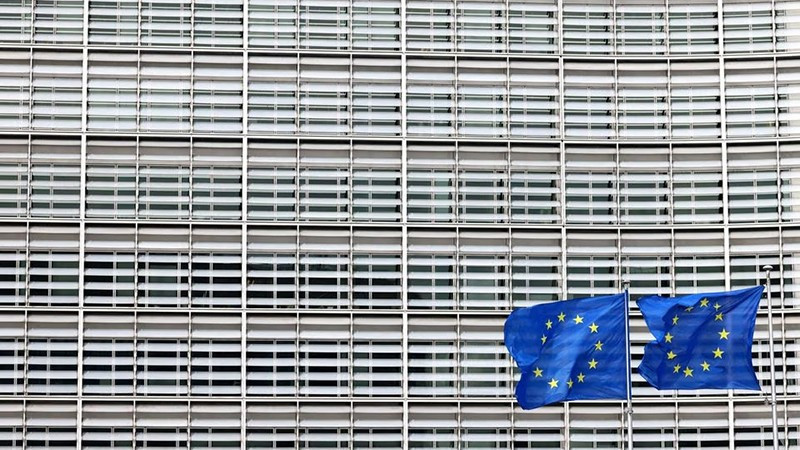The parties considered this an opportunity to expand comprehensive and mutually beneficial cooperation in high priority areas, such as development finance, climate change control, food security and renewable energy, while creating greater impetus for negotiations between the EU and the Southern Common Market (MERCOSUR).
EU has been carrying out an investment project that will last until 2027 in the region and one which is expected to be worth about 10 billion EUR. This is an international investment under the Global Gateway programme, an initiative by the European Commission (EC) to provide around 300 billion EUR for sustainable development projects, mainly green and digital transformation in the region, including Latin America and the Caribbean.
According to EC President Ursula von der Leyen, the EU will double its investment in projects for sustainable development in Latin America, focusing on supporting sustainable forest management and the development of renewable energy and clean energy infrastructure.
Latin America and the EU are considered to have similarities in history and today is a favourable time for the two sides to promote cooperation towards mutual development. Latin America has the necessary resources for Europe, while this region needs technology, research and scientific results from the Old Continent to exploit its resources more efficiently.
The high representative of the European Union for foreign affairs and security policy Josep Borrell has called on the member states of the two blocs to coordinate and support each other to deal with global issues.
Borrell affirmed the two regions share the same will to work together towards a common goal in the future.
This EU-CELAC Summit is the third meeting between the leaders of both regional alliances and the first in eight years. The conference took place in the context of Latin America and the Caribbean being new markets attracting significant foreign direct investment (FDI).
The United Nations Economic Commission for Latin America and the Caribbean recently said FDI into the region increased by 55.2% to a record of 224.579 billion USD in 2022. Among foreign investors, the EU (excluding the Netherlands and Luxembourg) accounted for 17%. With great potential for cooperation, the Summit is expected to be a space for dialogue, creating an opportunity to promote cooperation and identify solutions to jointly respond to global challenges.
However, there are still disagreements and differences between the EU and MERCOSUR (including Argentina, Brazil, Paraguay and Uruguay) that need to be resolved. The two sides reached a framework agreement on a Free Trade Agreement (FTA) in 2019 after two decades of difficult negotiations. However, this document has so far not been ratified due to European concerns about deforestation in the Amazon region.
In addition, some European countries with strong agricultural sectors, especially France, do not want to open their markets to agricultural products from the South American common market. Some commented that the EU-CELAC Summit is unlikely to pave the way for the EU-MERCOSUR free trade agreement. Brussels is not expecting any breakthrough at this Summit.
Meanwhile, MERCOSUR not only wishes to reach a trade agreement with Europe, but also hopes for a fair and mutually beneficial agreement. Despite the differences, the leaders of CELAC and the EU hope that this Summit will be an important dialogue space to create a favourable environment to further open the door for cooperation between the two regions, towards jointly dealing with global common challenges, for the development of both the two regions and the world.
















